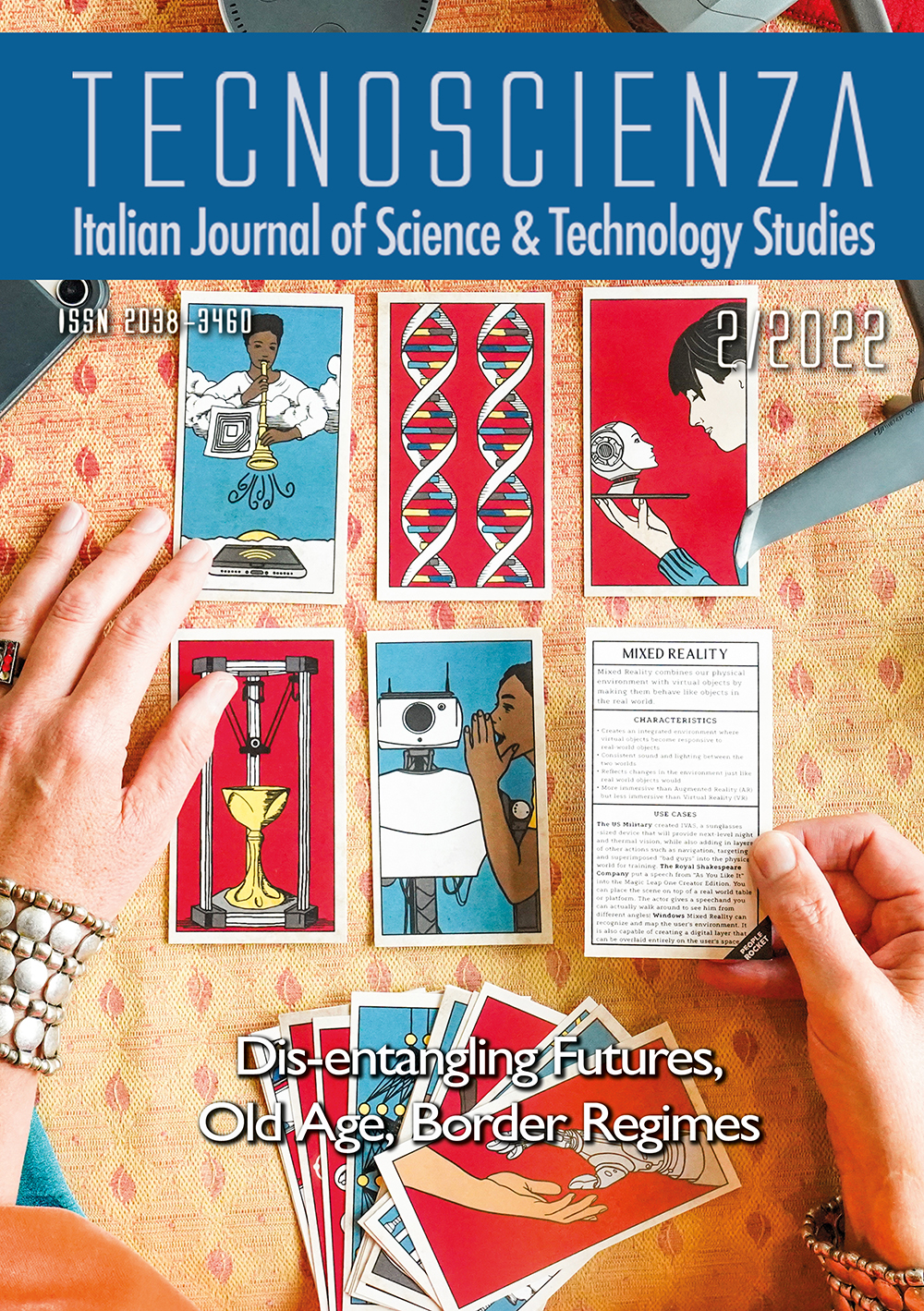Promising Technosciences in the Economy of Attention: Why Have Pessimistic Stories of Disruption and “Artificial Intelligence” Performed so Well?
DOI:
https://doi.org/10.6092/issn.2038-3460/17578Keywords:
promising technosciences, credibility, popularity, economy of attention, counter-fiction, scenarizationAbstract
The promises connected to emerging science and technology do not merely assist research and innovation, but are a part of it. Their diverse roles in producing hype and ensuring coordination have been extensively studied in the sociology of expectations. However, promises also circulate on a massive scale in the media sphere, as occurred with nanotechnology and artificial intelligence, recounting what the future will be like. The popularity that technoscientific visions manage to attract is less well studied and understood, although it is closely connected with how research is directed and innovation funded – and thus deserves more attention. This contribution explains why so much promising and visioneering is taking place, identifies a “regime of promising”, and discusses its implications for the relationship between science and society. Drawing on cultural and media studies to expand the sociology of expectations, it attempts to better understand the role of fiction in building socio-technical imaginaries.





